On the 25th of November, the world observed the UN’s International Day for the Elimination of Violence Against Women. This was both a day that called for reflection and the commemoration of the victims and survivors of such violence, but also served as a call to action. The ocean of posts regarding this day that popped up on my social media, as well as the myriad of news articles touching on this topic made me think about survival and politics. Or, more specifically, I asked myself how survivors such as myself can be understood from a political standpoint…
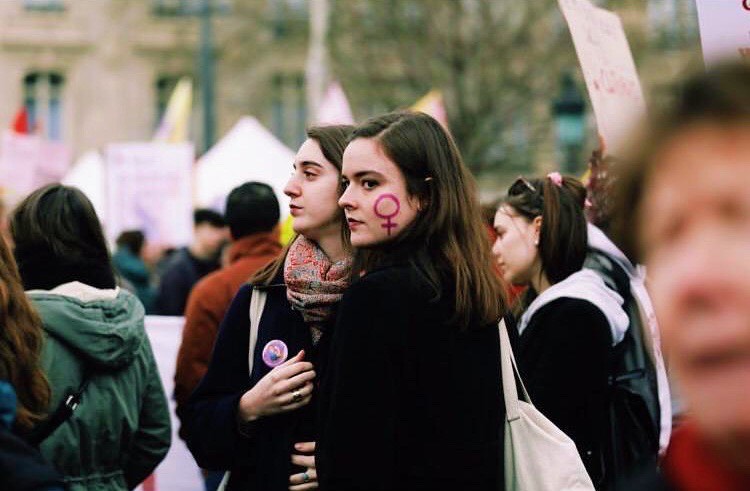
Nasty Survivors: towards a politics of survivorship
CW: Sexual assault
One of the obstacles that I have faced as a survivor is that common understandings of people who have faced gender-based violence portray them (portray me) as weak, unstable, and traumatised beyond repair. This construction of the survivor as traumatized beyond what can be comprehensible to others allows the public to ignore their experiences: in considering that this is a situation that should be “dealt with” by mental health professionals, third parties have the option to look away from the ugly reality of the pervasiveness of sexual violence. Indeed, the issue of posing psychological, therapeutic responses to the impact of sexual violence “rechannels women’s unrest that might result in social change into individual projects of curing one’s problems”, thus deflecting discussions “away from the responsibilities of the community, the state, and the society at large”*. As such, the individualisation of the survivor experience leads to the de-politisation of this issue. Indeed, the idea of “speaking out” about one’s abuse, in this model, is understood only as a personal therapeutic endeavour aimed at recovering from the trauma the individual suffers from, rather than a political, societal issue that deserves public attention*.
*Orgad, S (2009) The Survivor in Contemporary Culture and Public Discourse: A Genealogy, The Communication Review, 12:2.
Ovenden, G. (2012) Young women’s management of victim and survivor identities, Culture, Health & Sexuality, 14:8.
How can we understand a survivor who speaks out in the public realm? I would argue that one can think of survivors who decide to take up space in the realm of the political and shed light on the social realities that allow for sexual victimisation in similar terms to Sara Ahmed’s feminist killjoys*. They are “nasty” survivors, as described by Mel Reeve in ‘The Nastiness of Survival’*. Indeed, survivors, when they speak of the violence they have been subjected to, have a similar effect as what Ahmed describes when looking at the figure of the feminist killjoy. She argues that the feminist subject “brings others down not only by talking about unhappy topics such as sexism but by exposing how happiness is sustained by erasing the signs of not getting along”. Similarly, survivors create uneasiness when they expose one of society’s most violent expressions of misogyny: they are often met with discomfort and pained reactions. For instance, while I have been lucky enough to rarely have my experience undermined (I have never been accused of lying about the sexual assaults I went through), people’s visible malaise when it came to hearing what I had been through often worked to silence me. I did not want to be the person creating unpleasantness, making loved ones feel awkward and sad.
*Ahmed, S. (2010) Feminist Killjoys (and Others Willful Subjects), The Scholar and Feminist Online, 8:3 (The Barnard Center for Research on Women)
*Reeve, M. (2017) The Nastiness of Survival. In: Jones, L. & McDaid, H. eds. (2017) Nasty Women (404 Ink)
Due to a societal insistence on seeing the survivor as broken and vulnerable, overriding emotional response to accounts of abuse have become the norm: these emotional responses, while probably well-meaning, often cut conversations that could touch on the social circumstances under which such abuse happens short. A politics of survivorship, then, would be a refusal to be silent: the nasty survivor is one of the willful subjects described by Ahmed: “Willfulness could be rethought as a style of politics: a refusal to look away from what has already been looked over”. As argued by Reeve, there is political strength to be found in refusing to be polite, in refusing to let others look away from the violence we have been subjected to. As she declares, “I invite you to look at my pain, to be uncomfortable when I talk about the worst in humanity – the worst of the people in your social circles and your workplace – and how we cannot fix this with polite lessons or twee stickers, forgiveness or apologies”.
In thinking about political action to prevent sexual violence from happening, we must dig deep into the cultural scripts that allow for the victimization of certain individuals. Victims of violence are not intrinsically vulnerable; they have been discursively and culturally constructed as such: political resistance against violence must attack the narratives that allow for such constructions. To demobilize masculine social power (the patriarchy, in other words) in an effective and long-lasting way, we must subvert ideas of women as being fragile and helpless – and centring the voices of survivors of violence seems like a good place to start. In accepting to sit through the discomfort and pain of talking about these issues, in genuinely listening and amplifying the voices of victims and survivors, we can continue to push for cultural and social change.


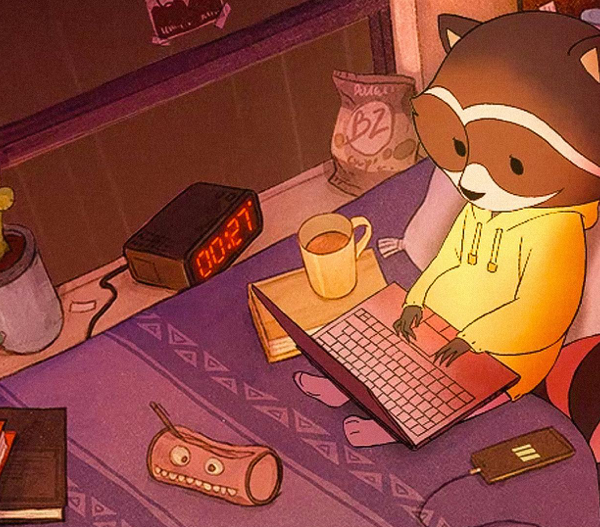
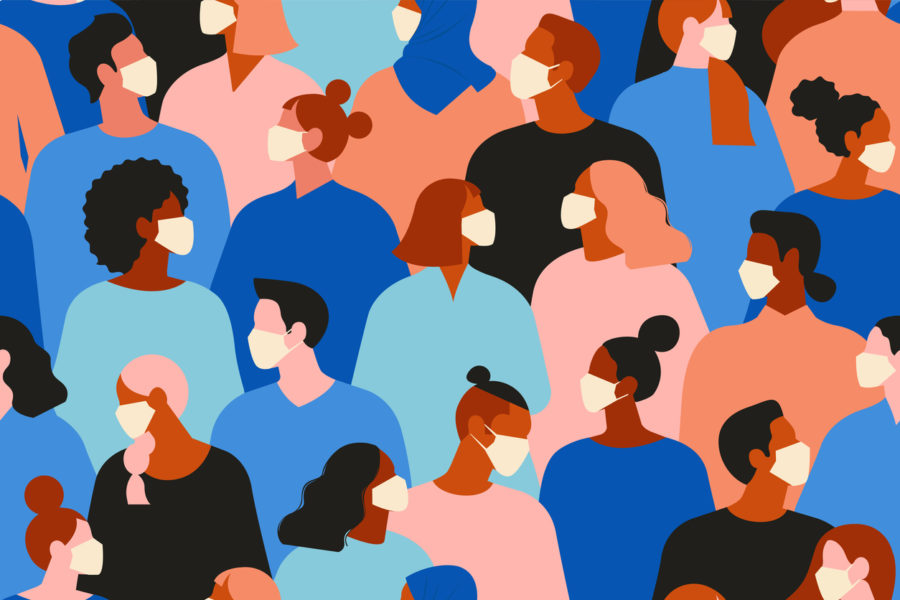
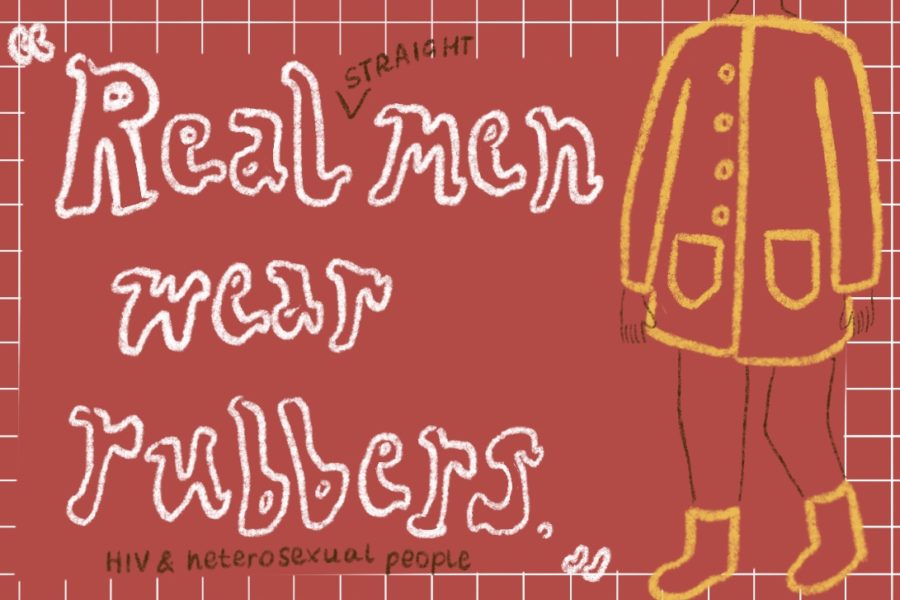
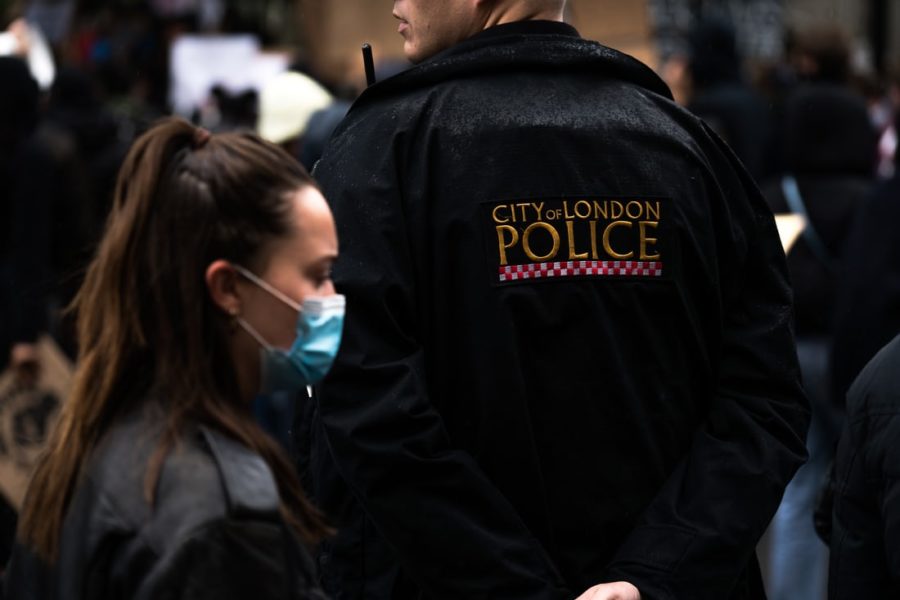
Leave a Comment